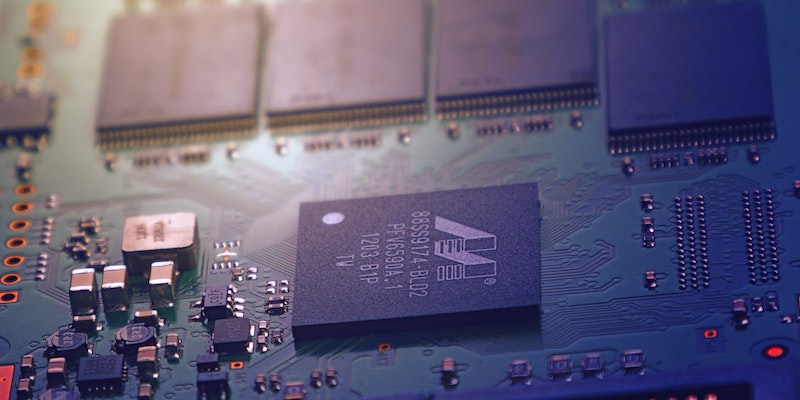IBM, a leader in advanced technology solutions, has made a groundbreaking announcement with the introduction of their new chip architecture, NorthPole. This innovative chip is specifically designed to cater to energy-efficient AI-based workloads, offering significant advancements in performance and efficiency over its predecessor.
Advancements in performance and efficiency
Comparing NorthPole to its predecessor, TrueNorth, the new chip is a remarkable 4,000 times faster. IBM’s engineers have made substantial improvements in energy efficiency, space utilization, and reduced latency, ensuring a seamless and efficient computing experience.
Additionally, when benchmarked against existing CPUs and GPUs, NorthPole stands out, being 25 times more energy efficient when using the ResNet-50 neural network. This remarkable level of energy efficiency helps minimize power consumption and contributes to creating a more sustainable computing future.
Surpassing current technology
In terms of compute power per space required, NorthPole outperforms existing technology, even surpassing 4nm GPUs such as Nvidia’s latest hardware. This achievement highlights IBM’s dedication to pushing the boundaries of what is possible in the field of AI computing.
Tackling the “Von Neumann bottleneck”
One of the barriers to high-performance computing has been the “Von Neumann bottleneck,” which involves the limited speed at which data can be transferred between memory and the processor. NorthPole addresses this issue by integrating the memory part of the chip itself as a network-on-a-chip. This integration enables faster AI inference, leading to more efficient and quicker analysis of data.
Chip specifications
Measuring 800mm square and equipped with a staggering 22 billion transistors, the NorthPole chip is a technological marvel. It boasts 256 cores, each capable of performing an astonishing 2,048 operations per core, per cycle. This immense level of processing power ensures that NorthPole can handle demanding AI workloads seamlessly.
Limitations and scalability
While the NorthPole chip is an impressive feat in energy-efficient computing, it does have limitations. It is primarily designed for AI inference tasks and cannot be used for training large language models like GPUs or CPUs from Nvidia, Intel, or AMD. However, NorthPole has the ability to scale by breaking down larger networks into sub-networks and connecting multiple cards together to fit into its memory. This scalability ensures that NorthPole remains a versatile chip for various AI workloads.
Easier Deployment and Cooling
The NorthPole chip’s energy efficiency, cooler operation, and smaller form factor make it easier to deploy compared to traditional computing hardware. With only a fan and a heatsink required for cooling, NorthPole can be efficiently integrated into smaller enclosures, reducing the overall footprint of AI computing infrastructure.
Future growth and improvement
IBM’s relentless pursuit of technological advancements is evident in their research into 2nm fabrication technologies. Through continued innovation and improvements, subsequent versions of the NorthPole chip are likely to benefit from the insights gained from this research. This suggests that there is ample room for future growth and enhanced performance in the new iterations of the NorthPole chip.
The introduction of IBM’s NorthPole chip is a significant milestone in the realm of energy-efficient AI computing. With its exceptional performance, efficiency, and ability to tackle the von Neumann bottleneck, NorthPole promises to revolutionize AI inference tasks. Its smaller form factor, ease of deployment, and impressive scalability make it an attractive option for a wide range of AI workloads. IBM’s commitment to research and development further fuels optimism for the future, heralding new horizons of computation and potential applications across industries.

